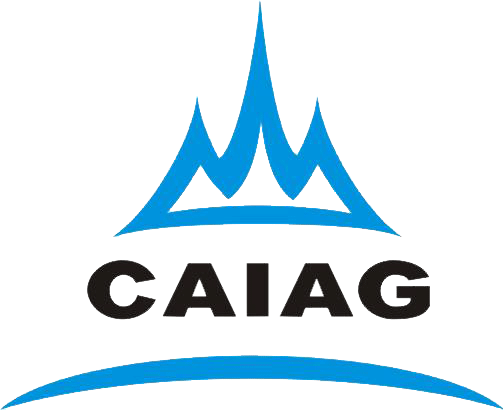Mission and Goals
Mission Statement
The Central Asian Institute of Applied Geosciences will carry out multi-disciplinary research on societal relevant problems like Natural Disaster Risk Reduction, Water Management and Adaption to Climate Change in Central Asia and thereby provide scientifically sound support to decision makers and the Central Asian societies.
Research Goals
Subject of research are basically the processes in System Earth which are affecting the habitat of human society in Central Asia. CAIAG has defined priority areas of research which have to be tackled in a long-term perspective, which need an advanced scientific monitoring infrastructure, which are based on a border-crossing international cooperation and include a strong component of capacity development. The research and working areas are:
a) Global Change processes and their effect on the environment
b) Monitoring and assessment of natural hazards (multi hazard approach), Reduction of Risks related to natural hazards including multi risk assessment (i.e. earthquakes à land slides) and early warning technologies
c) Applied multi-disciplinary research on water balance and water cycle including glacier research, land use assessment, impacts of energetic use of water resources on the environment
d) Capacity development, training courses, education and public outreach.
Profile and competences
The research activities of the Institute carries out disciplines of Earth - sciences, which are priority for the Central Asia regions in terms of the vulnerability of natural systems and population geology, geophysics, geodesy, geodynamics, engineering geology, modern tectonics, hydrogeology, hydrology, climatology, glaciology, geoecology, and methods of distant remote sensing.
CAIAG is a dynamically developing Scientific center in Central Asia, using modern methods of ground – based and remote sensing, allowing deep study of the temporal and spatial patterns of the development of natural processes and phenomena. For these purposes uses a network of weather, GPS and seismic stations, hydro meteorological stations, interpretation of remote sensing data.
In order to store, a huge amount of data the database infrastructure has been created and continuously developed, containing a significant amount of geo-information from various sources. Users provide the geodatabase with a web interface for quick access.
CAIAG realizes knowledge transfer at various institutional levels in the field of Earth sciences.




